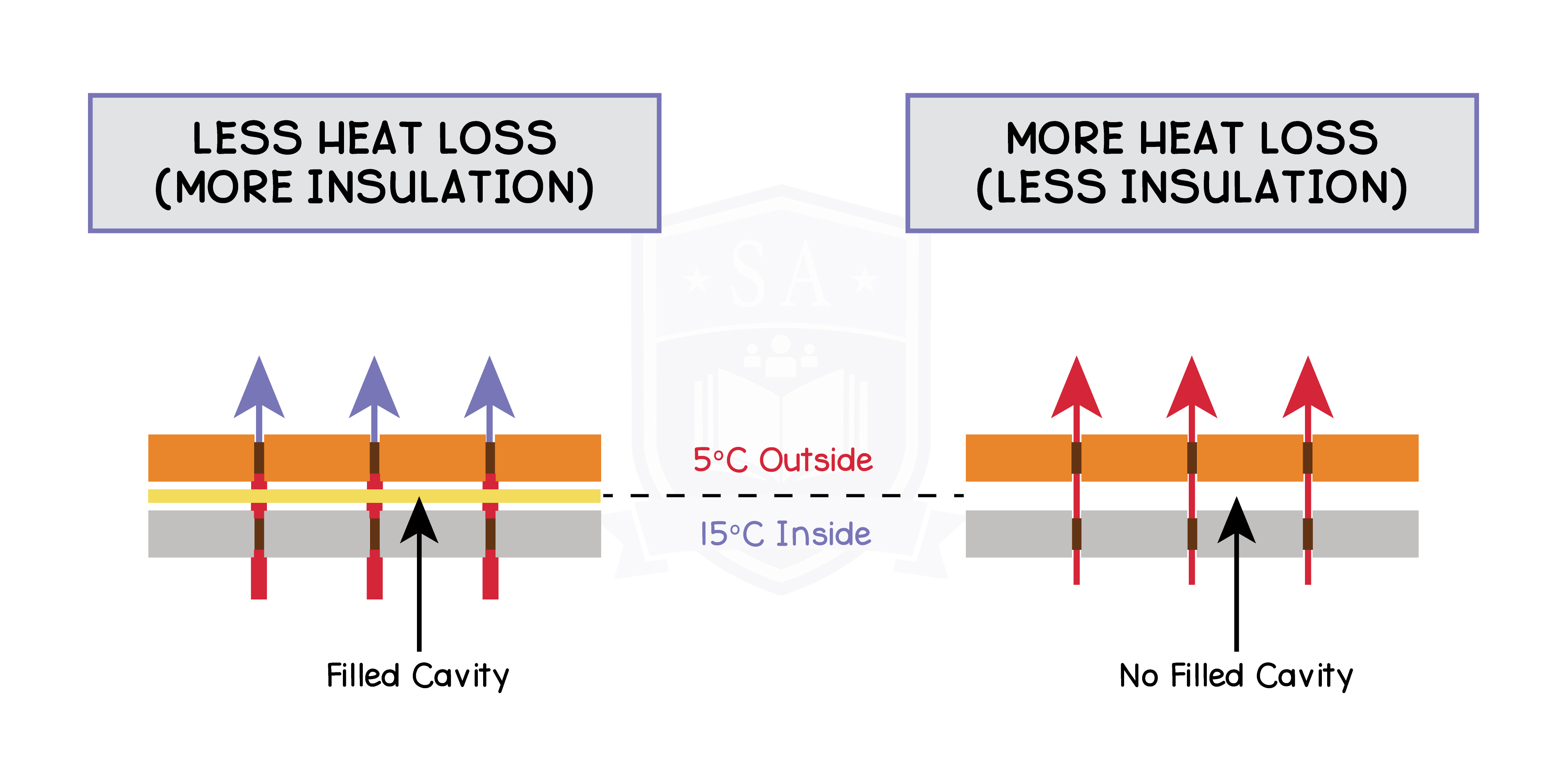REVISION NOTES
IGCSE Edexcel Physics
4.1 Energy Transfers
4.1.1 Use the following units: kilogram (kg), joule (J), metre (m), metre/second (m/s), metre/second2 (m/s2), newton (N), second (s) and watt (W)
Mass – kilograms (kg)
Energy – joules (J)
Distance – metres (m)
Velocity – metres per second (m/s)
Acceleration – metres per second squared (m/s2)
Force – newtons (N)
Time – seconds (s)
Power – watts (W)
4.1.2 Describe energy transfers involving energy stores:
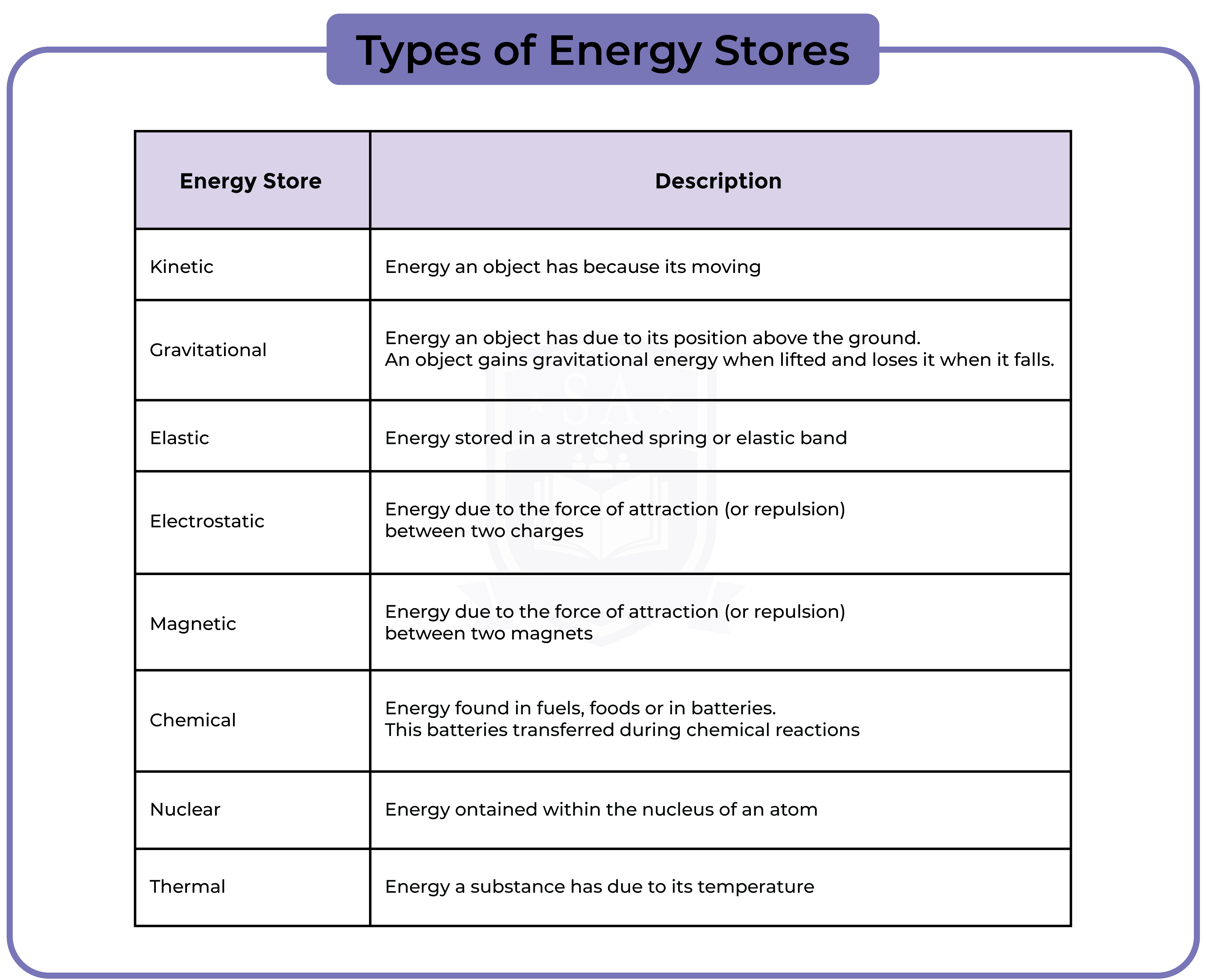
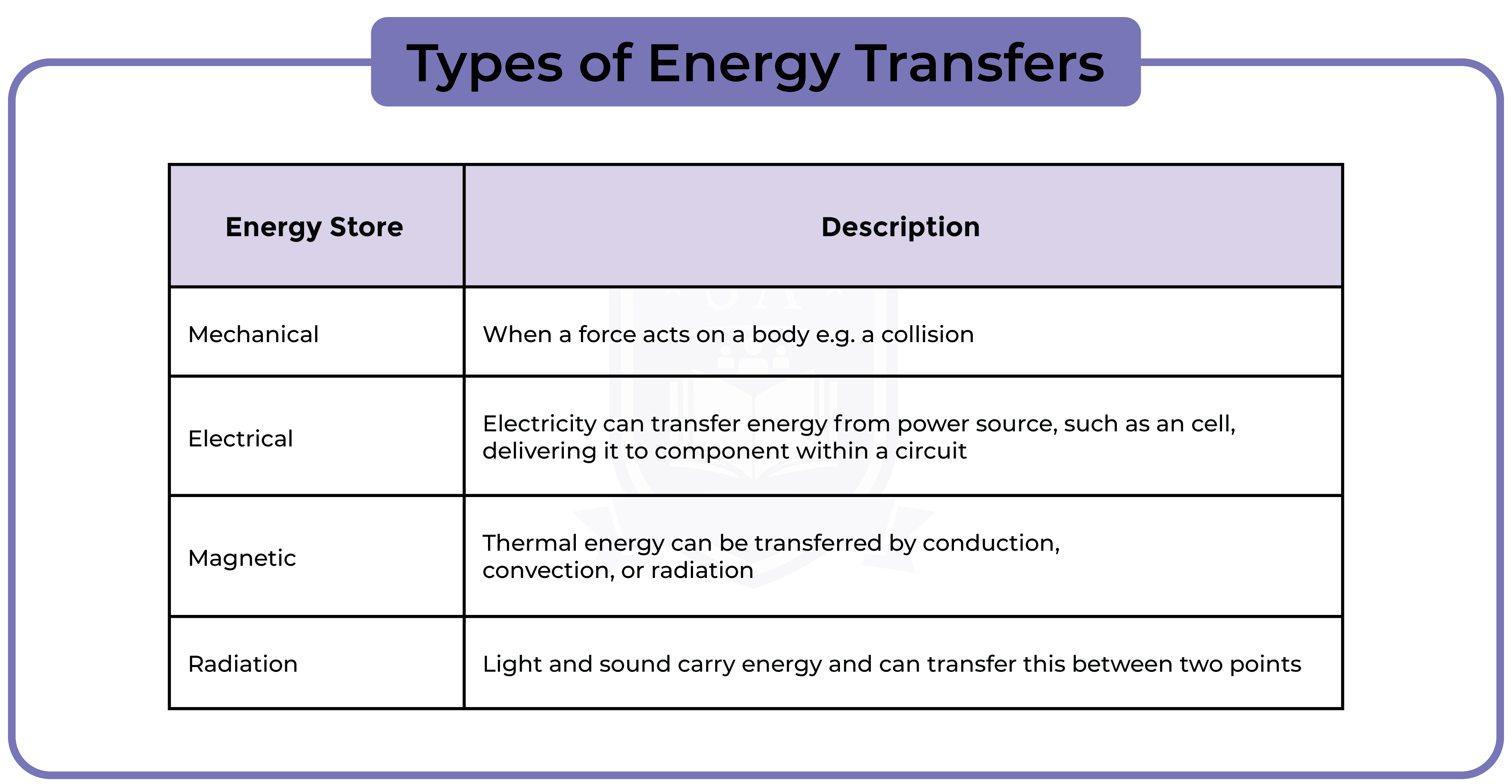
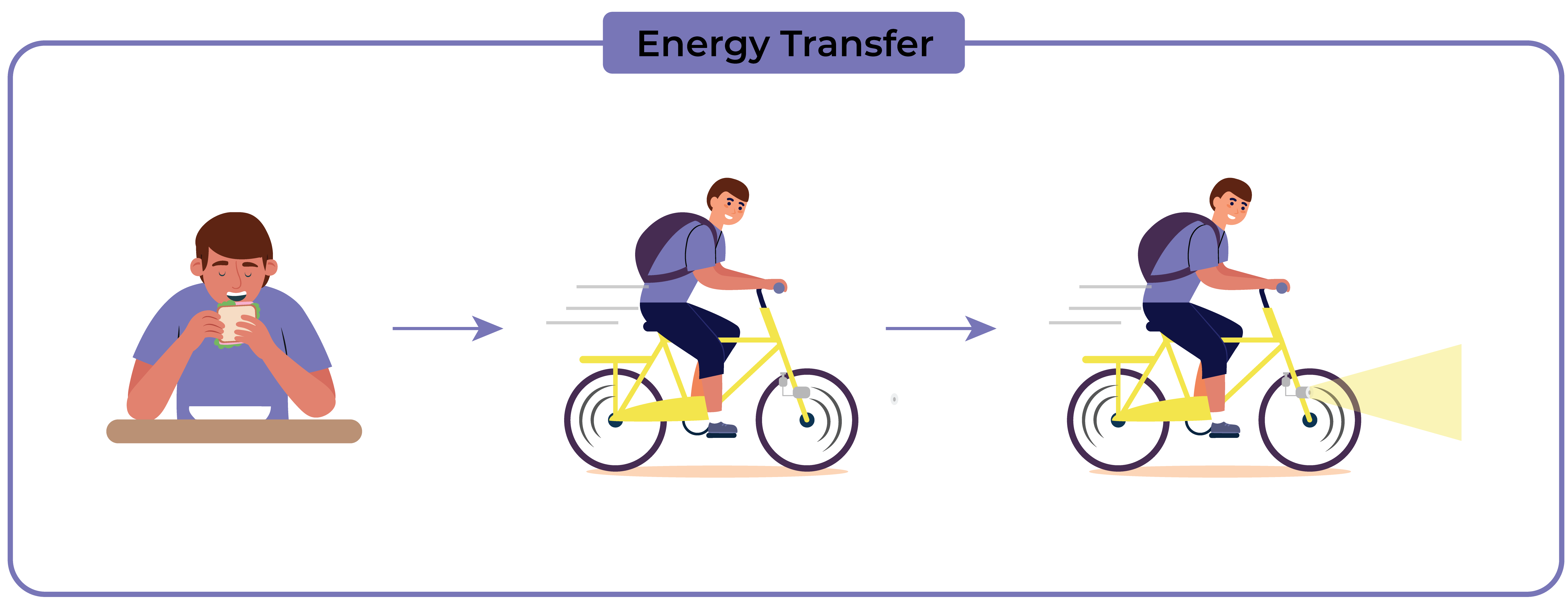
- energy stores: chemical, kinetic, gravitational, elastic, thermal, magnetic, electrostatic, nuclear
- energy transfers: mechanically, electrically, by heating, by radiation (light and sound)
4.1.3 Use the principle of conservation of energy
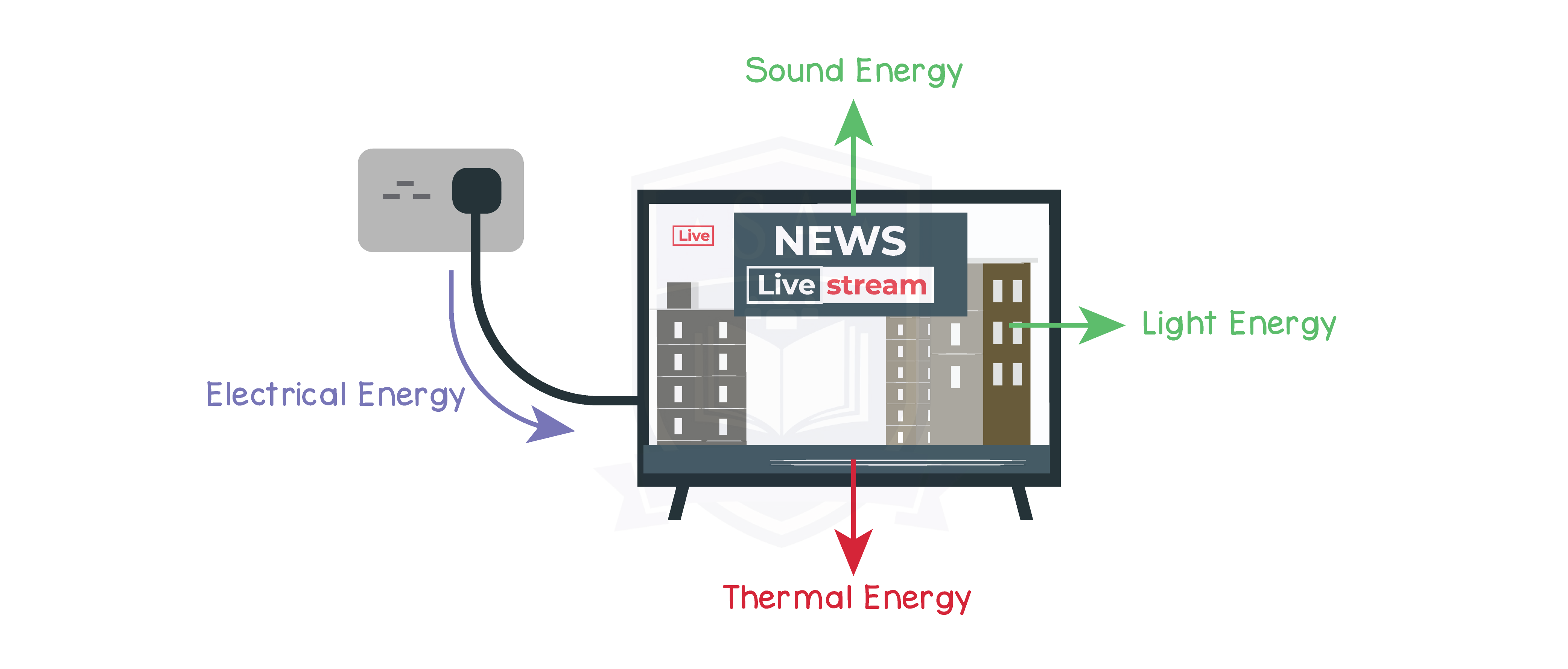
4.1.4 Know and use the relationship between efficiency, useful energy output and total energy output:

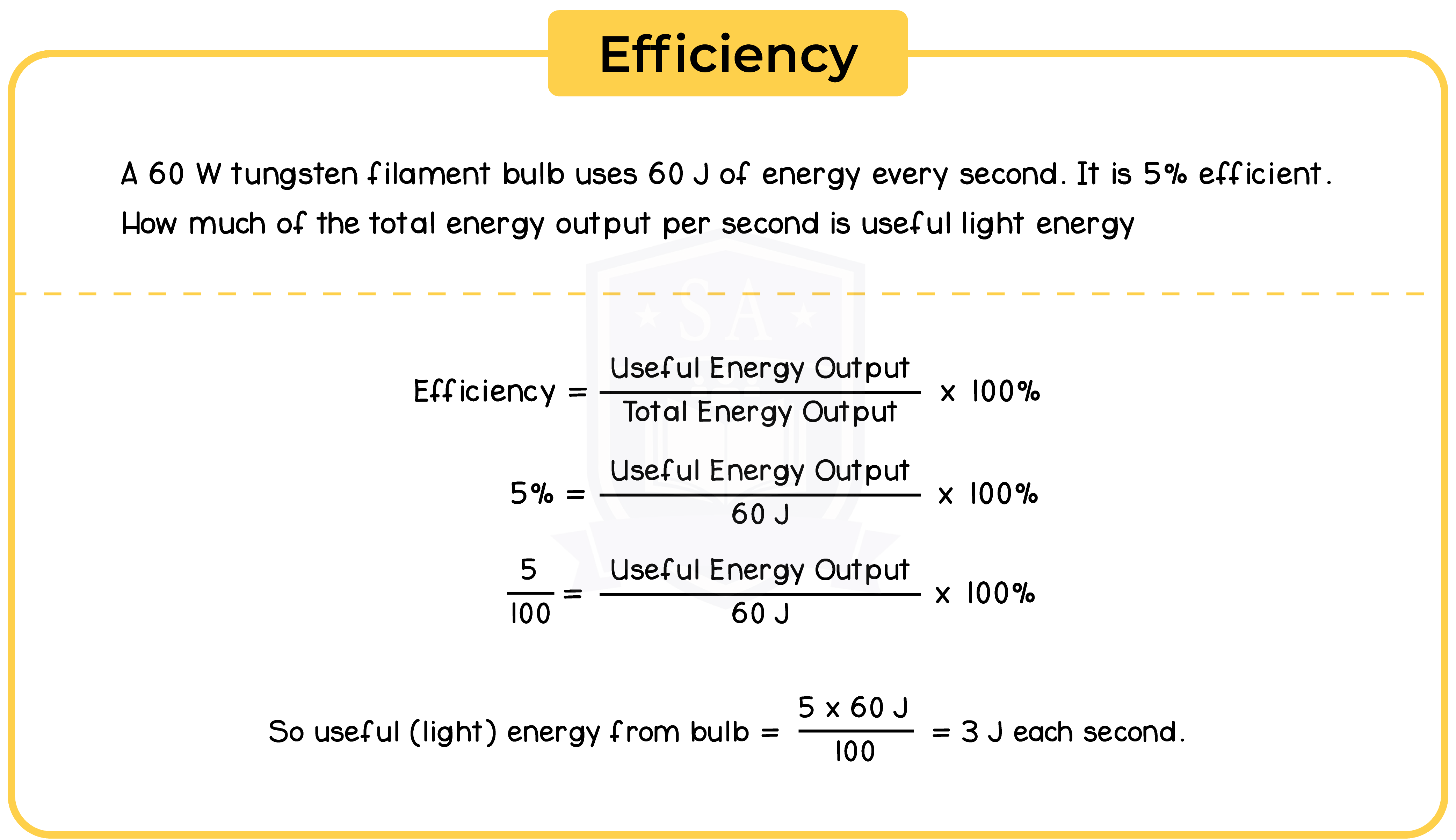
4.1.5 Describe a variety of everyday and scientific devices and situations, explaining the transfer of the input energy in terms of the above relationship, including their representation by Sankey diagrams
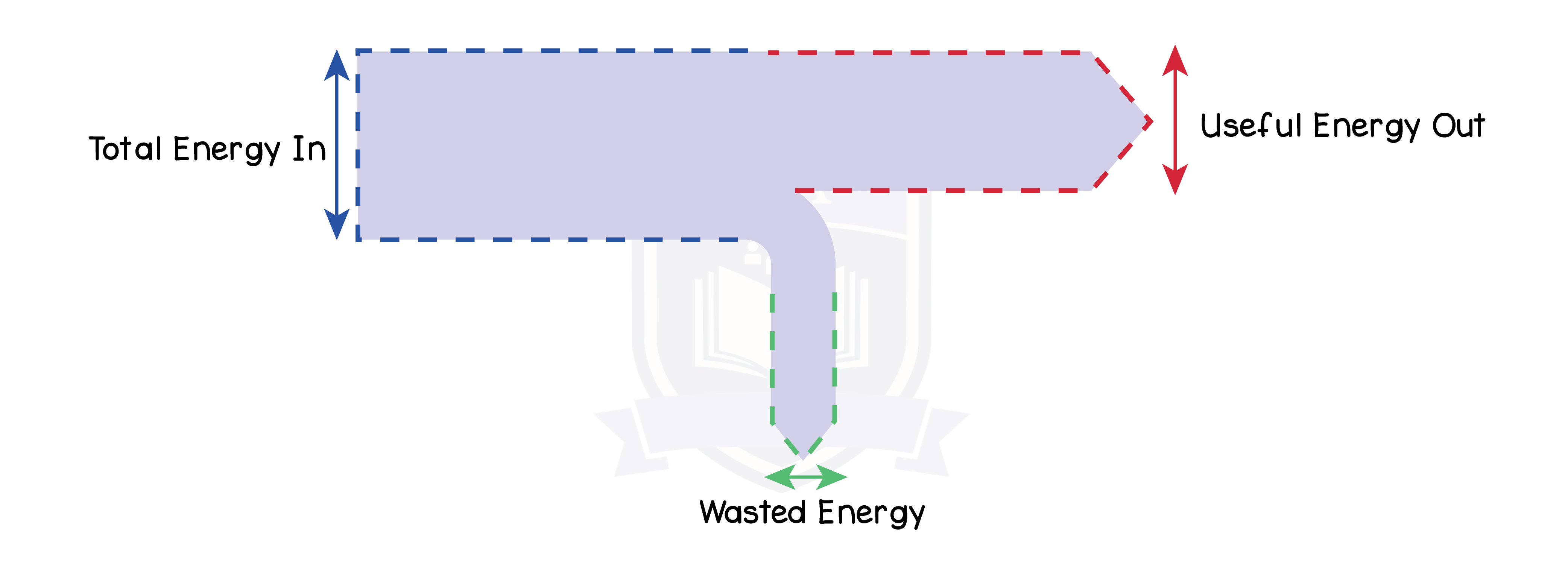
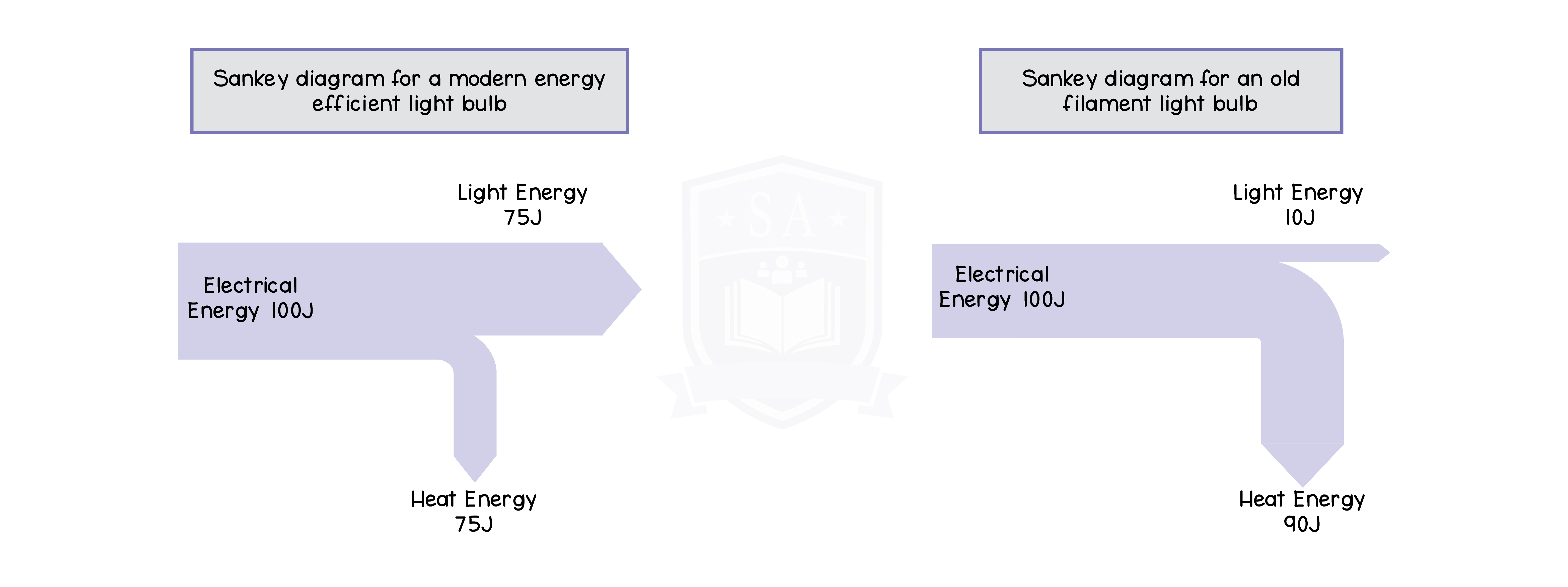
4.1.6 Describe how thermal energy transfer may take place by conduction, convection and radiation
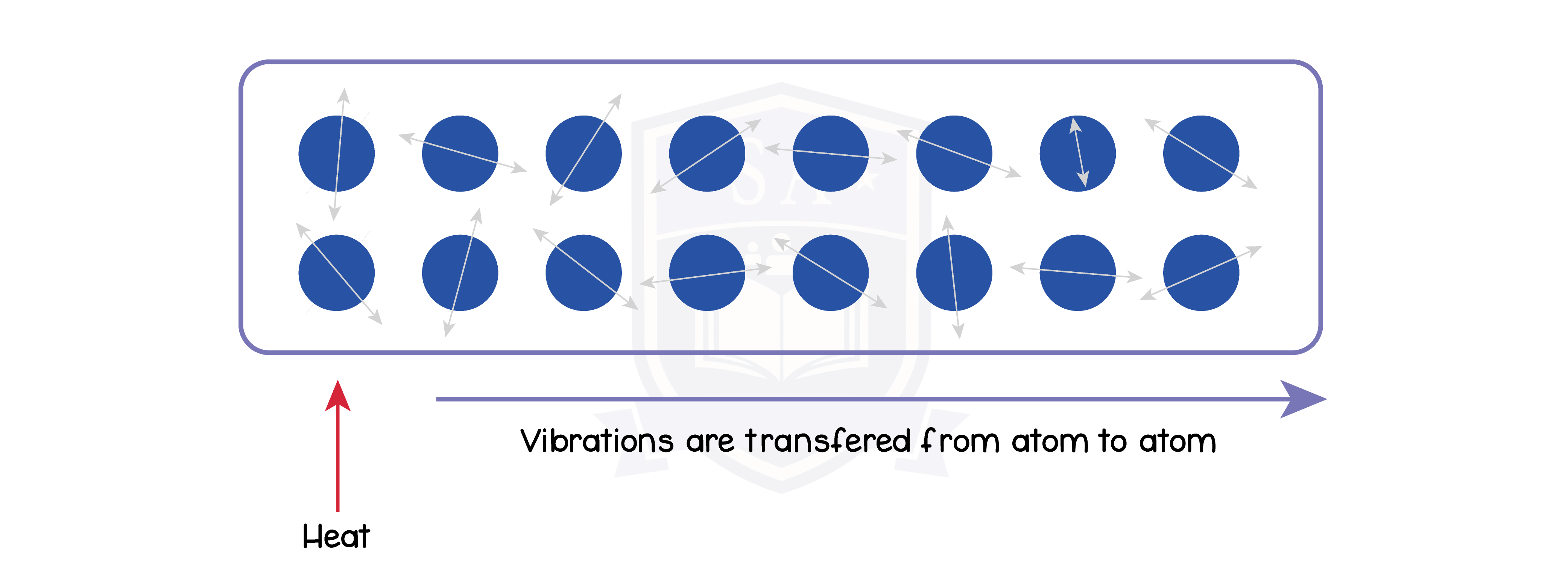
4.1.7 Explain the role of convection in everyday phenomena

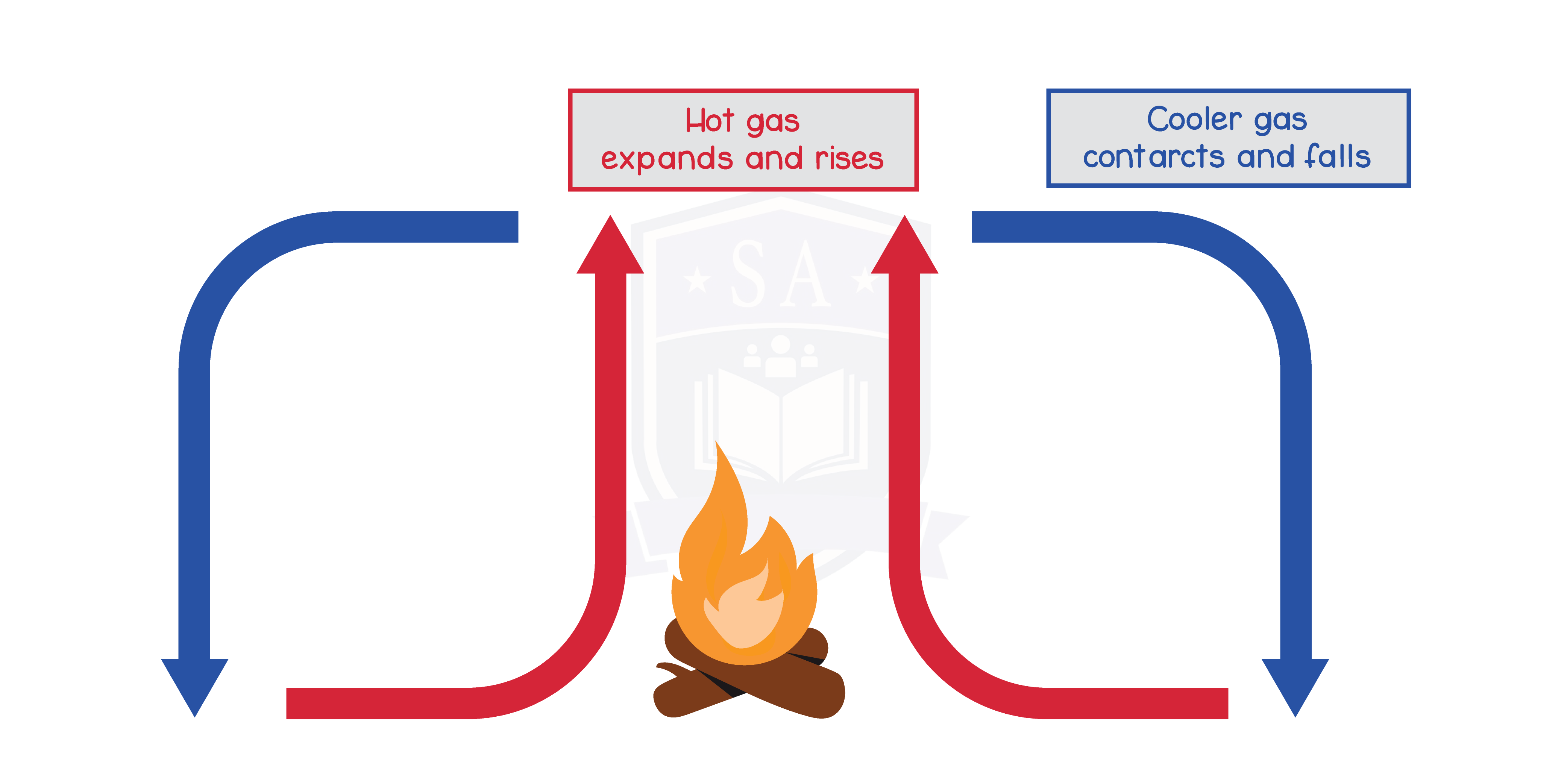
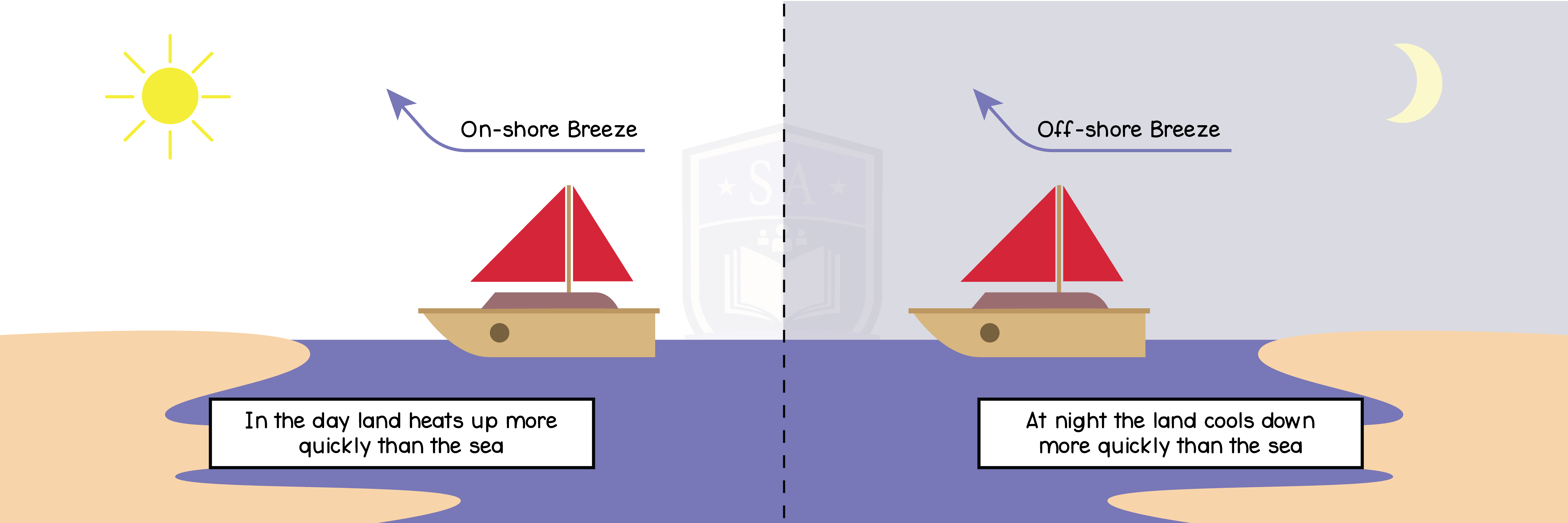
4.1.8 Explain how emission and absorption of radiation are related to surface and temperature

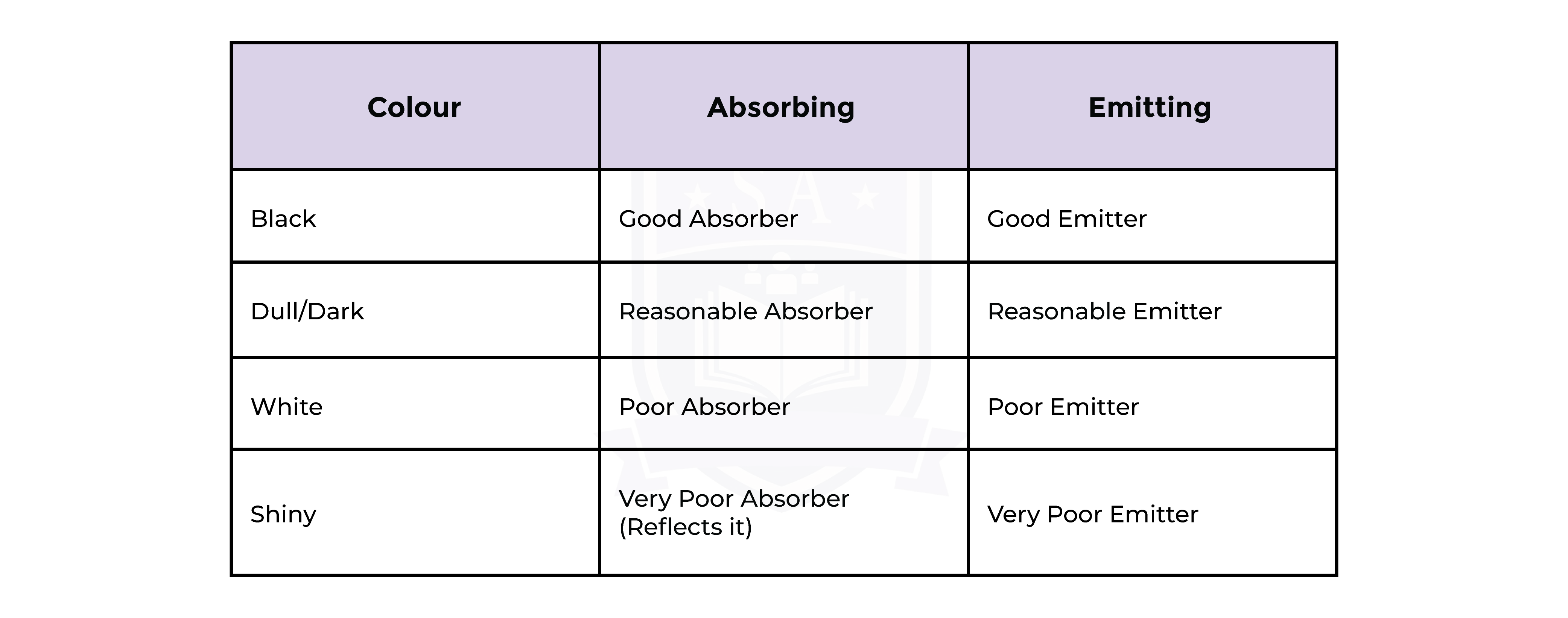
4.1.9 Practical: investigate thermal energy transfer by conduction, convection and radiation
4.1.10 Explain ways of reducing unwanted energy transfer, such as insulation
